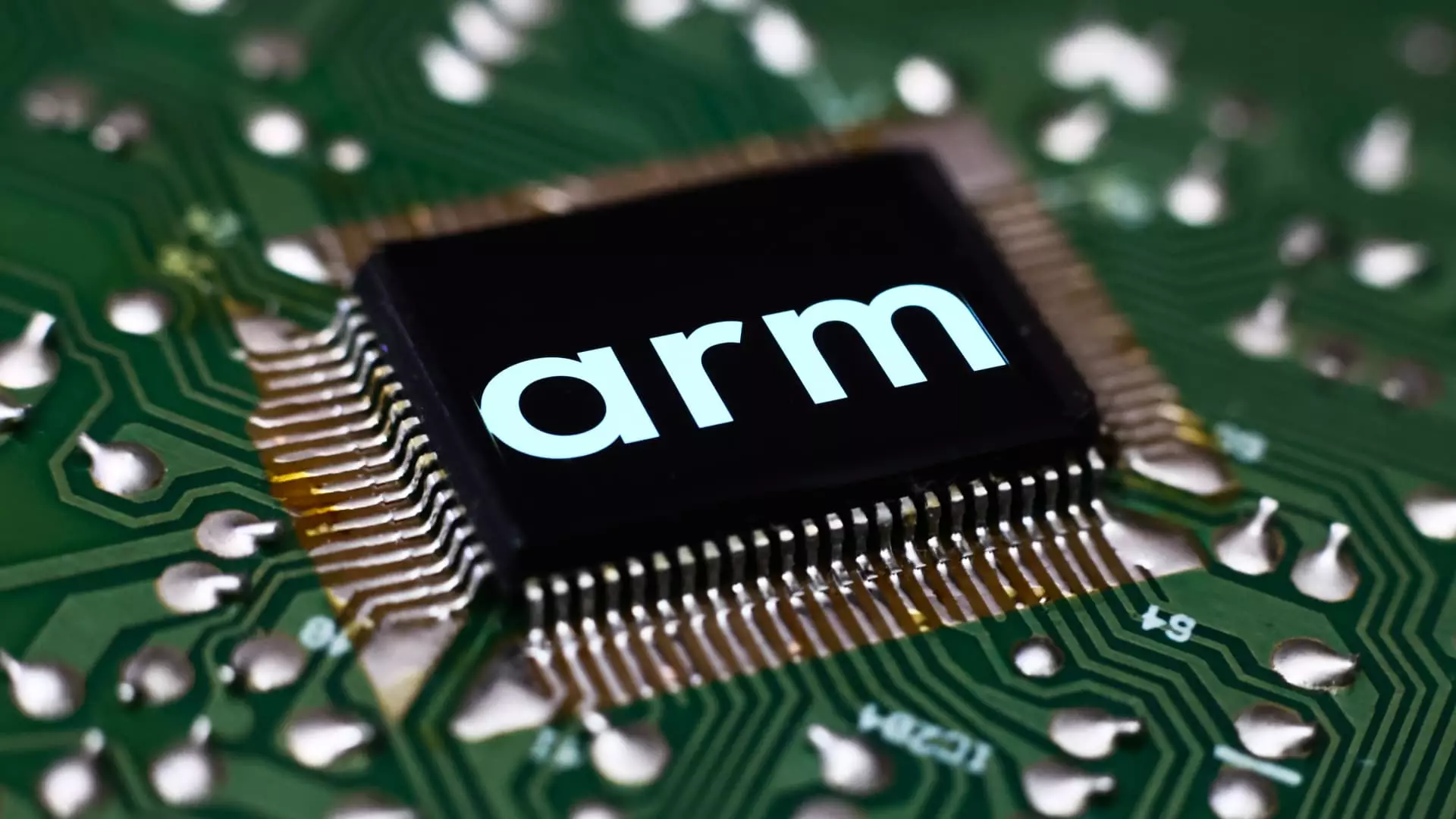The global semiconductor industry is bracing itself for a significant transformation, driven by the rise of artificial intelligence (AI) and the emergence of more powerful PCs equipped with Arm-based chips. This shift, as predicted by Morgan Stanley analysts, is poised to revolutionize the way AI applications are run on devices, particularly laptops.
Arm-based central processing units (CPUs) are renowned for their energy efficiency and thermal control capabilities, leading to enhanced battery life and sleeker device designs. These chips are well-suited for handling demanding AI workloads, such as generative AI applications, which are crucial for the advancement of AI technologies in the consumer market. The energy-efficient nature of Arm-based CPUs gives them a distinct advantage over traditional processors like those manufactured by Intel, AMD, and Qualcomm.
Morgan Stanley’s projections indicate a significant uptick in the adoption of AI PCs, with an estimated penetration rate of 95% by 2027, marking a substantial increase from the current rate of 8% in 2024. The bank envisions a future where Arm-based AI PCs become the norm, displacing traditional processors and reshaping the landscape of the semiconductor industry. Companies like Nvidia and MediaTek are poised to capture a significant market share in the Windows on Arm (WOA) PC segment, with projected shipments reaching 65 million by 2028, up from a mere 2 million in 2024.
Investors are eyeing key players in the semiconductor space, including TSMC, MediaTek, Nvidia, Qualcomm, Microsoft, and Arm, as potential beneficiaries of the Arm-based AI PC revolution. TSMC, in particular, stands to gain from its strong foothold in the foundry market, especially with the projected growth of Arm-based CPUs over traditional x86 architectures. The partnership between Nvidia and MediaTek to develop WOA PC CPU chips represents a significant opportunity for both companies, particularly in light of their successful collaboration in the automotive sector.
With the increasing demand for Arm-based CPUs in AI PCs, TSMC is well-positioned to capitalize on this trend, thanks to its expertise in semiconductor manufacturing and its close relationship with key industry players. The bank’s optimistic outlook on TSMC’s market prospects underscores the potential for significant revenue growth in the coming years, driven by the proliferation of Arm-based CPUs in a variety of devices.
The advent of Arm-based AI PCs is poised to usher in a new era of innovation in the semiconductor industry, with far-reaching implications for device manufacturers, chip designers, and investors alike. As the market continues to evolve, companies that embrace this technology shift and adapt their strategies accordingly stand to benefit the most from the transformative impact of AI on computing.



Leave a Reply